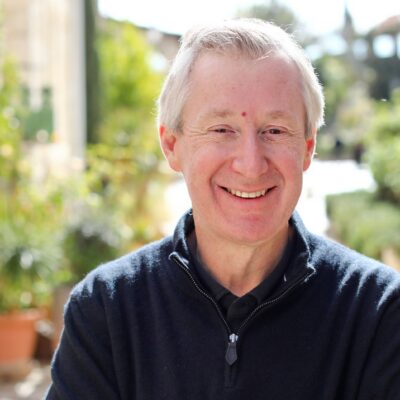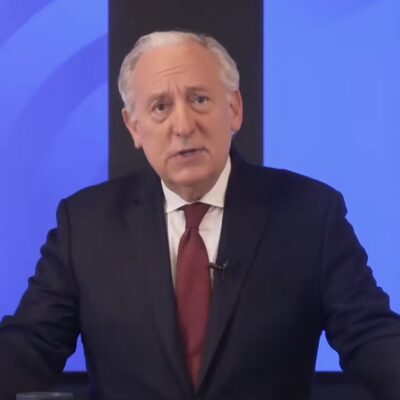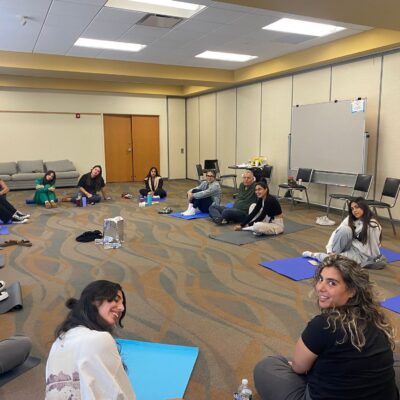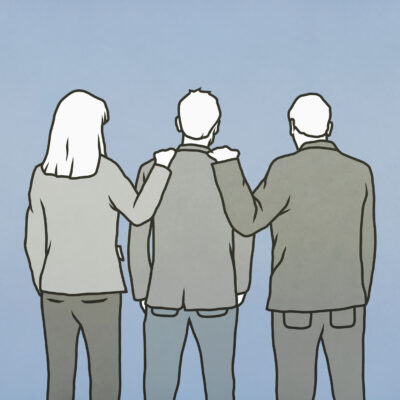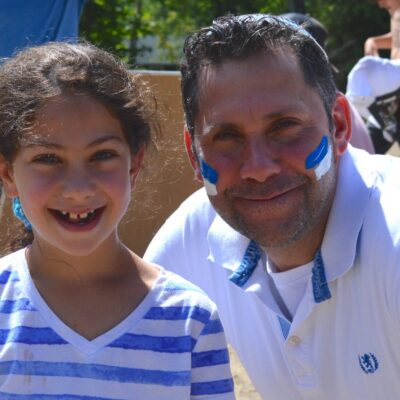Hakarat HaTov, from a Jewish Educator

By Rabbi Julie Schwarzwald
Thanksgiving is a Jewish holiday. An American holiday (and a Canadian holiday), yes, but the idea of giving thanks and showing gratitude is a deep and lasting concept in Judaism.
The Hebrew for gratitude is “hakarat hatov,” literally, “recognizing the good.” We’re supposed to say 100 blessings a day, to recognize God’s presence and influence on things large and small, through prayers of gratitude.
And I have to imagine that Jewish educators everywhere are feeling tremendous gratitude right about now. I know that I am.
For eight months now, we’ve been working non-stop. We fumbled our way through the end of the last school year, and we spent the summer in professional development and planning. We changed plans and learned new skills and made decisions about the current year only to change them again and again, and then we jumped into a new school year and the High Holidays without missing a step.
We planned meaningful programming, online or outside and distanced, or both in turn, working three times as hard to provide similar experiences to what we had done the year before when the world was different. We reformatted our school curricula, learned new technologies, convinced families to stay enrolled, offered as many ways to individualize learning as we possibly could, and opened schools on time – some in person, some online, some a mix, and some evolving with changing health and risk conditions.
Now it’s November. We’re into a routine, and we’re finally able to breathe. We anticipate Thanksgiving and winter breaks, and imagine that they might actually, finally, be real breaks. And so our thoughts turn to what is next.
In planning for Hanukkah celebrations for preschool, supplemental school, and synagogue, I’m reflecting on how different it feels from planning for Passover last spring. We’re now experts at creating interactive online programs. We work together with colleagues across the country on sourcing items for the holiday boxes we will deliver to homes.
We plan “drive-through” events with contingency plans for weather and changing health conditions. Almost universally, we’re embracing the eight days of Hanukkah as opportunities to offer a mix of programs and activities for all ages and in many locations, in person or online, to meet everyone’s needs.
We’re also more adept at considering and addressing the social and emotional needs of our students, families, faculty, and ourselves. We’re able to pay better attention to our online learners now that we are comfortable with the technology, and we’re more conscious of the imperative to reach out individually to our families and to adjust the education we offer to their specific and changing needs.
And we’re grateful. We’re thankful for routine and a sense of normalcy, even if it is different from anything we imagined nine months ago. We’re immensely grateful for our colleagues in Facebook groups and professional organizations and endless webinars and online discussion groups where we support one another, laugh and cry together, dream up big ideas, share programs, and experience more generosity and deeper compassion than anything we ever imagined.
Rabbi Julie Schwarzwald is Director of Congregational Learning at Congregation B’nai Israel in Millburn, NJ, a Board member of the Jewish Educators Assembly and of NewCAJE, and Associate Director of JMorim.org.

 Add EJP on Google
Add EJP on Google
